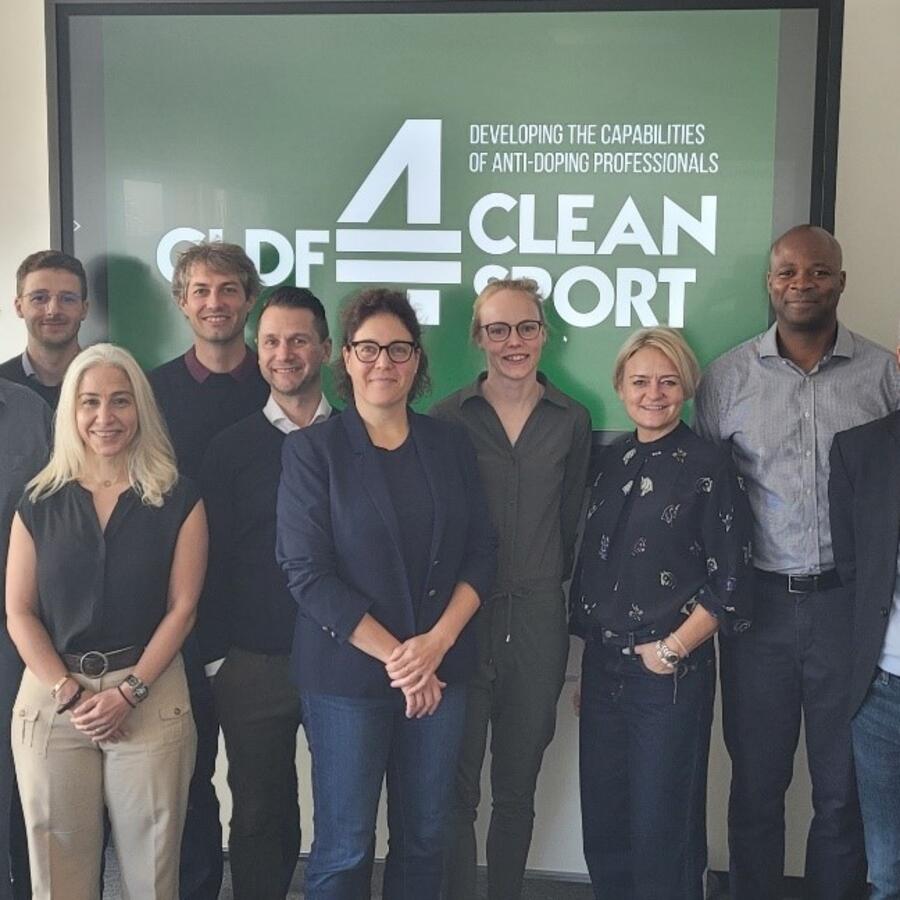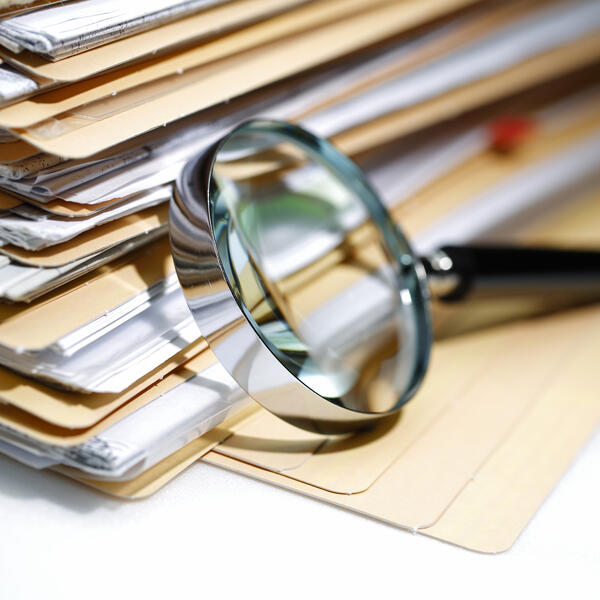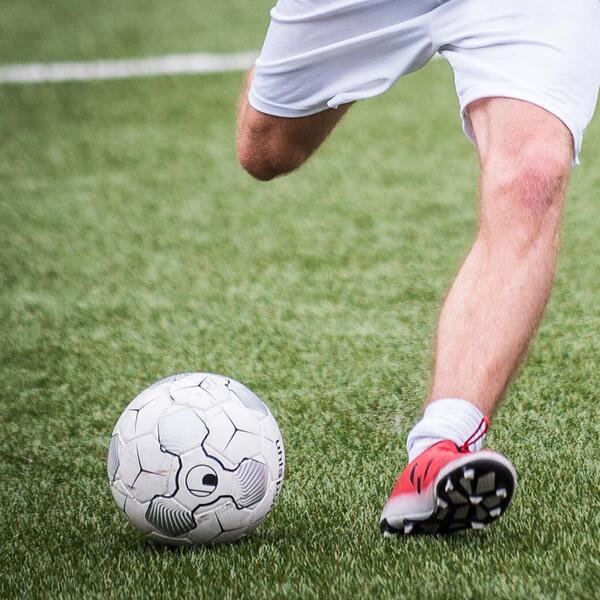Releases
WADA and partners attend GLDF4CleanSport meeting led by European Observatoire of Sport and Employment

The World Anti-Doping Agency (WADA) is pleased to announce that its Global Learning Development Framework (GLDF) initiative, which was started in April 2020, has moved into its next phase with a kick-off meeting of the European Union (EU) Erasmus+ funded ‘GLDF4CleanSport’ project on 18-19 October. The meeting, which was hosted by the National Anti-Doping Agency Austria in Vienna, was led by the European Observatoire of Sport and Employment (EOSE) who is leading the project.
Due to the initial relevance and success of the GLDF and its associated role-specific training for anti-doping practitioners, EOSE, WADA and seven Anti-Doping Organizations (ADOs) were successful in obtaining Erasmus+ funding of EUR 400,000 to continue developing the GLDF.
Katrien Daelman, WADA Senior Manager, Capability Programs, Education said: “The EU funded GLDF4CleanSport project supports WADA’s ambition to develop anti-doping into a globally recognized profession. This collaborative project and the associated funding will enable WADA to continue its GLDF development work for new practitioner roles and will inform future strategies for learning and development opportunities. We are excited to be collaborating with EOSE again and to be partnering with seven ADOs to continue investing in the people working hard every day to help keep sport clean.”
The GLDF initiative supports the ‘Grow Impact’ priority of WADA’s 2020-2024 Strategic Plan, which calls on WADA ‘to develop training programs and qualifications standards for anti-doping professionals to improve professionalism and enhance the capabilities of the anti-doping workforce.’ The initiative went through a pilot phase that facilitated the development of role-specific training for six roles, and a set of Professional Standards, which were endorsed by the WADA Education Committee and published in June 2022.
Aurélien Favre, Executive Director of EOSE, said: “We are delighted to start the work with expert organizations from clean sport on this ambitious EU-funded project with the main goal of enhancing the skills and competencies of the paid and volunteer anti-doping workforce in Europe and globally. It is an honor for EOSE to act as coordinator together with the technical leadership of WADA and high-level partnership, and to be able to implement EOSE’s 7-Step Model in such an important area of the sport sector. We have no doubt that the project will be a success and the innovative outputs will be used and sustained after the end of the funded period. The kickoff meeting was very successful with a strong level of motivation and commitment from all partners involved in the initiative.”
About GLDF4CleanSport and its partners
GLDF4CleanSport’s overarching objectives include:
- Researching the size, features and occupations in the anti-doping workforce;
- Producing a functional map for the global anti-doping system;
- Designing Professional Standards for four targeted anti-doping roles (Testing Officer/Manager; Compliance Coordinator; Major Event Organizer Officer/Manager; and Government Official/Advisor);
- Developing competency-based curricula and blended learning modules for each targeted role, and organizing a series of pilot training seminars; and
- Designing innovative online tools for anti-doping practitioners to analyze their training needs and for organizations to evaluate the quality of their existing training.
The partners of GLDF4CleanSport are:
- European Observatoire of Sport and Employment (EOSE)
- World Anti-Doping Agency (WADA)
- Anti-Doping Denmark (ADD)
- Doping Authority Netherlands
- French Anti-Doping Agency (AFLD)
- National Anti-Doping Agency Austria (NADA Austria)
- Polish Anti-Doping Agency (POLADA)
- World Athletics
- World Rugby
If you have specific questions relating to WADA’s role in the Erasmus+ project, please contact: Youmna.Saikali@wada-ama.org or Katrien.Daelman@wada-ama.org.

Funded by the European Union. Views and opinions expressed are however those of the author(s) only and do not necessarily reflect those of the European Union or the European Education and Culture Executive Agency (EACEA). Neither the European Union nor EACEA can be held responsible for them.

